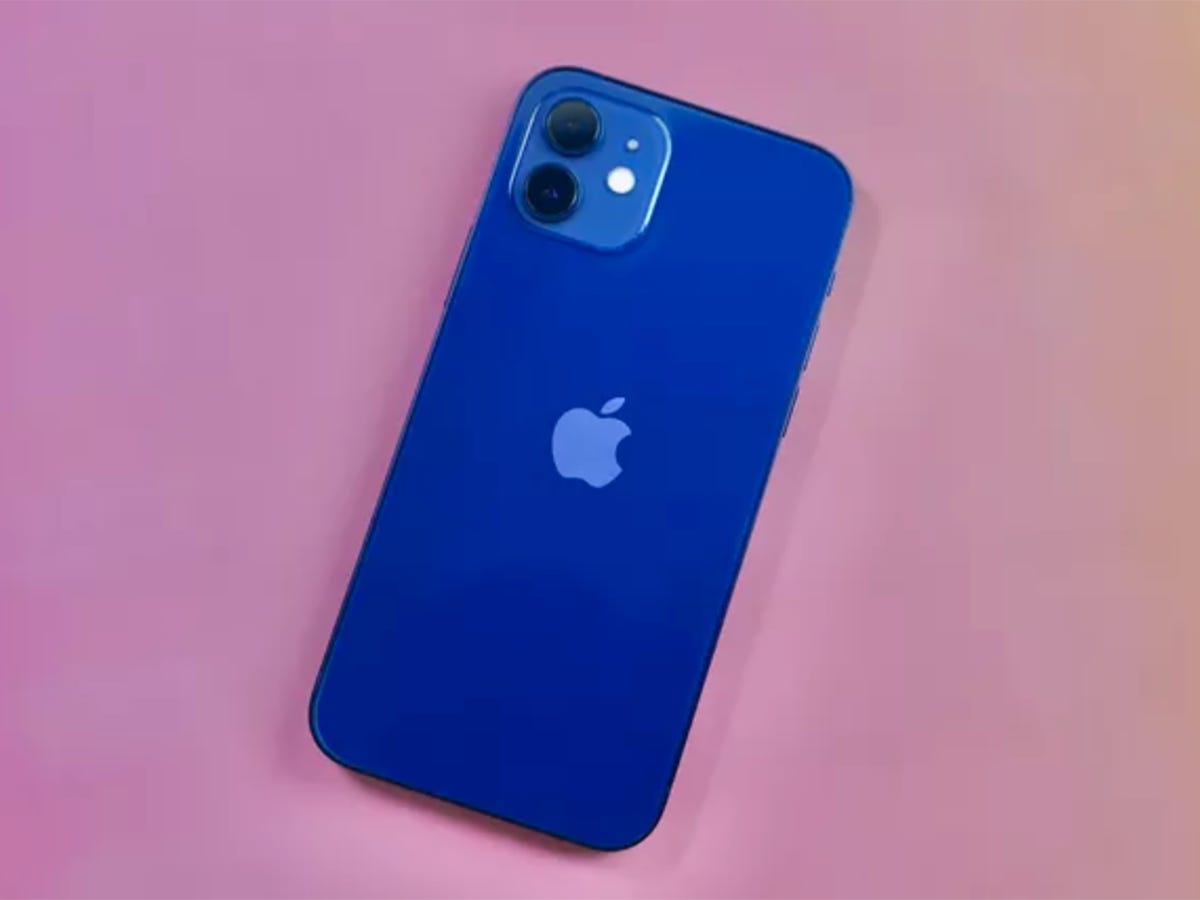For at least a decade, Money has highlighted how the mobile operators have repeatedly chased their customers for bills – often over £5,000 – following an unreported theft of a handset. While bank customers have a £50 limit on losses following a card theft, mobile operators have held customers liable for all calls made; a stance Money has long felt was unreasonable. Now mobile users are set to enjoy bank card-style limits, at least partly. Following months of discussions with the Department for Culture, Media & Sport, phone giants EE, O2, Vodafone, and Virgin have agreed to introduce a £100 cap for their customers. The measure will come into force between now and September. Rival suppliers Three and Tesco Mobile have already set up similar caps.
Introducing the “voluntary” agreement ends the operators’ opposition to the scheme that dates back years. In March 2012, the regulator Ofcom gave the companies until that summer to devise plans to introduce caps on their customers’ monthly bills. At the time, Ofcom threatened enforcement action, but the deadline passed without a decision. Consumers are liable for all calls made on stolen mobiles until they report the loss to their network provider – irrespective of the circumstances or size of the bill – although this has never been tested in court. Thousands have fallen victim to the rule.
In the most recent case in Guardian Money – a story that sparked worldwide interest – Welsh teacher Osian Rhys Edwards was chased for a £15,000 bill run by organized criminals. His phone had been taken by a pickpocket in Barcelona last summer and used round the clock to call premium-rate numbers. Vodafone’s network insisted he was liable for all the calls made and only backed down when a barrister took up his case. Ministers say the new £100 cap will apply to the 27 million customers on pay-monthly contracts. However, users must report the loss to the network and the police within 24 hours for it to use.
According to the National Mobile Phone Crime Unit, about 300,000 mobiles are stolen annually in the UK. However, critics have already said the move doesn’t go far enough as plenty of victims are often unaware their phone or sim card has been taken and cannot report it – but will still be liable. Five providers have signed up for a new code of practice which also obliges them to provide clear pricing information and alerts when consumers reach data bundle limits and details on avoiding roaming charges. Ed Vaizey, minister of culture and digital economy, says the agreement will “provide consumers with real benefits as well as offer peace of mind.”

READ MORE :
- Roku finally gets into 4K with a new streaming box, updated software
- Elop explains: why Nokia didn’t choose Android to replace Symbian
- Sports Direct denies ‘Dickensian practices in the face of investor revolt
- Sony counts the cost of smartphone failures with £1.3bn projected loss
- India & Vietnam sign 12 agreements; Modi offers US $500 Mn credit line for defense cooperation
But Richard Lloyd, director of the consumer group Which? says: “This long-overdue cap proposed by mobile operators falls short of expectations and won’t do enough to protect consumers facing unfair bills run up by criminals when their phone is lost or stolen.” Gillian Guy, chief executive of Citizens Advice, says victims of phone crime should not be paying excessive bills run up by thieves. “Citizens Advice has been calling for a cap to be put in place after helping consumers landed with bills as high as £23,000. We will closely monitor the phone providers’ caps to see if they protect phone crime victims from the worst bills.”
The new caps will come too late for the numerous consumers threatened with bankruptcy by mobile providers after they failed to report the theft of their phones. In 2003, we reported on the case of Ben Jemison, who landed with a £1,000 bill when his mobile was stolen in Barcelona. Since then, patients have come in thick and fast, and we could have run a similar story every month. In 2008 Orange customer Johan Potgieter set a record of sorts when he was presented with a £9,000 bill after his phone was stolen in South Africa. Orange later climbed down. It did, however, pursue Asgar Ali from Leicester, who landed with a £5,000 bill after thieves stole his phone in India.
Also, in 2008, Three threatened trainee doctor Michael Barker with debt collectors after thieves ran a £1,500 bill. He worked as a volunteer at a hospital in an Aids-devastated area of Africa when his sim card was taken from his rucksack. The thieves racked up the charge despite a £75 credit limit on his account. Another victim was Vodafone customer Kaveh Lajmir who was hit with an £8,000 bill in 2012 after thieves struck while he was on holiday in Barcelona.
Last week Money was contacted by Chris Newlove Horton, a low-paid NHS worker. 2013 we reported how EE/Orange pursued him for £4,107. His phone was taken in the UK and used to call Algeria round the clock before writing it. The debt has been sold to a firm of debt collectors called Lowell Group, who have offered to halve the bill but are still threatening court action if he doesn’t pay up – Money he says he doesn’t have.




